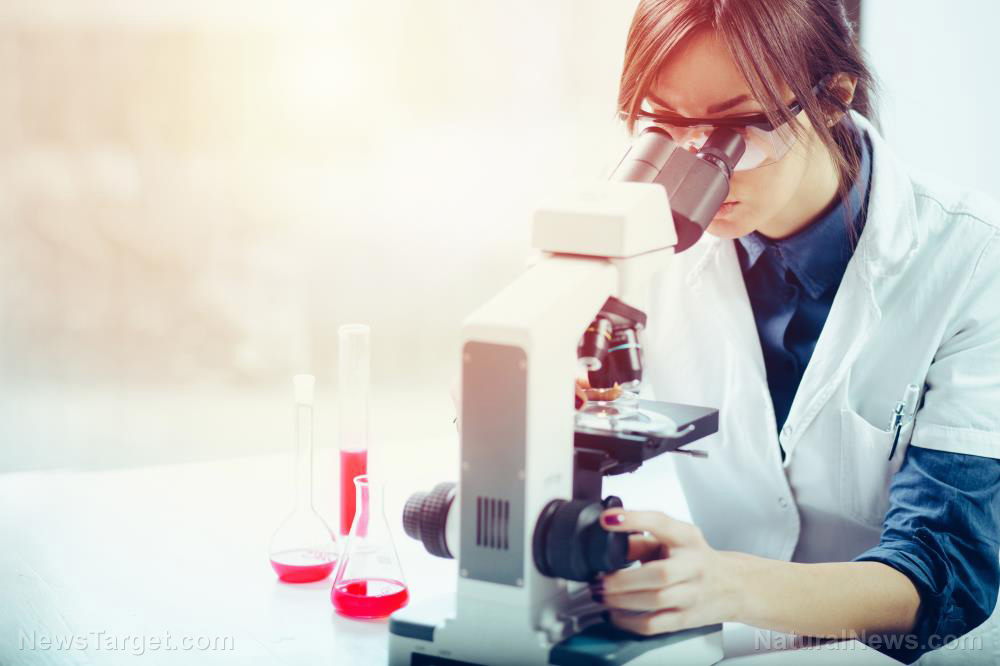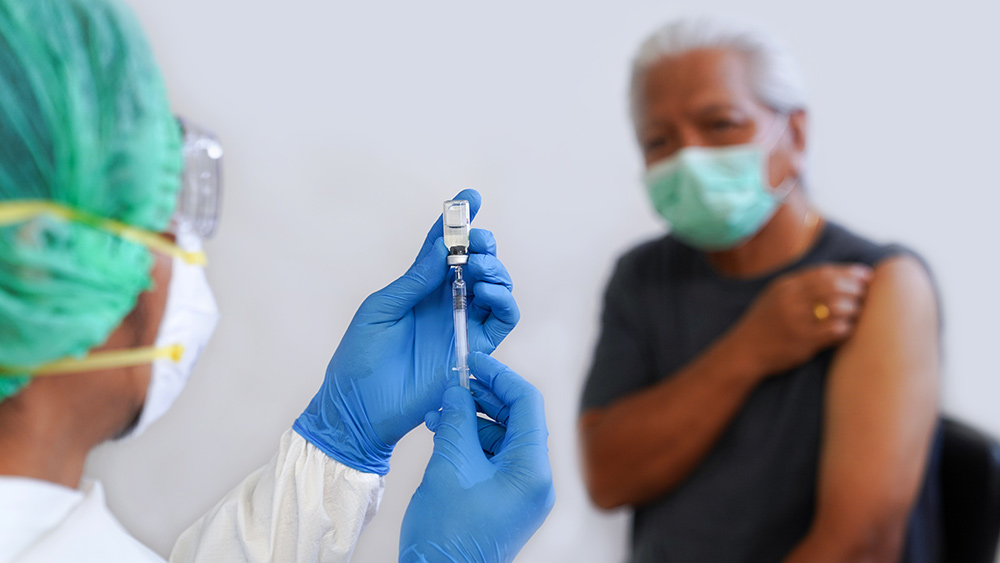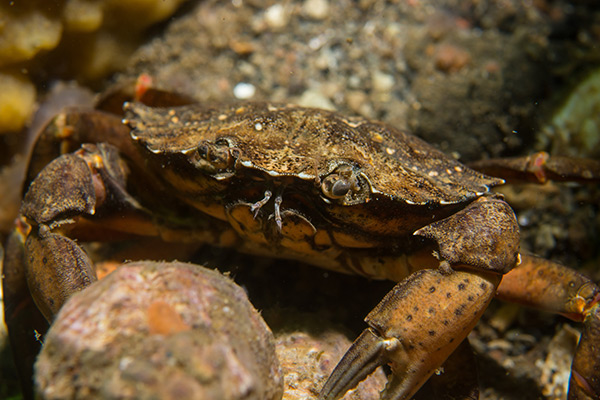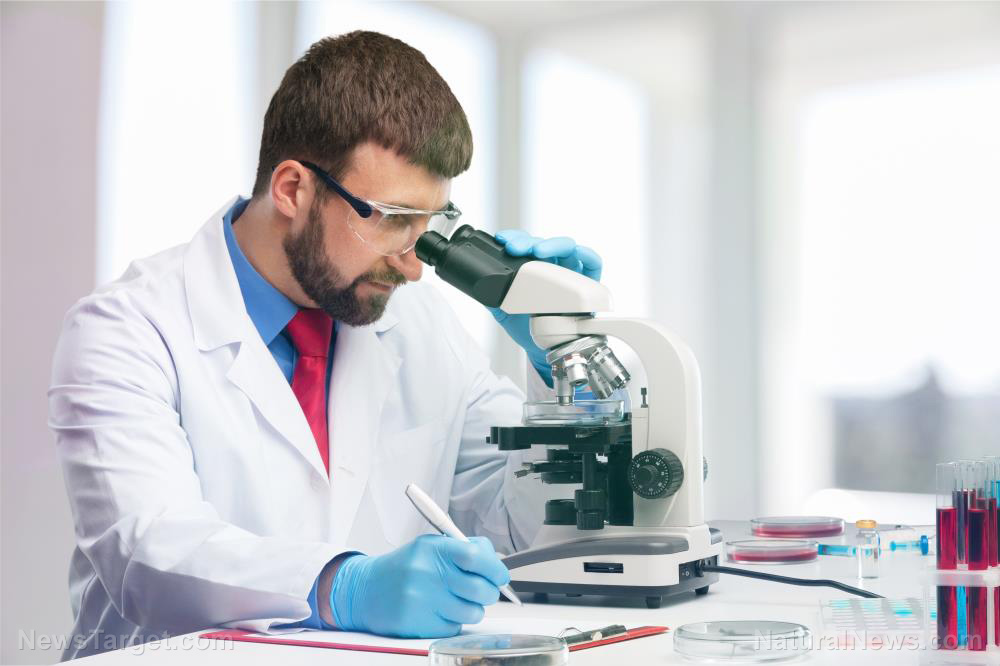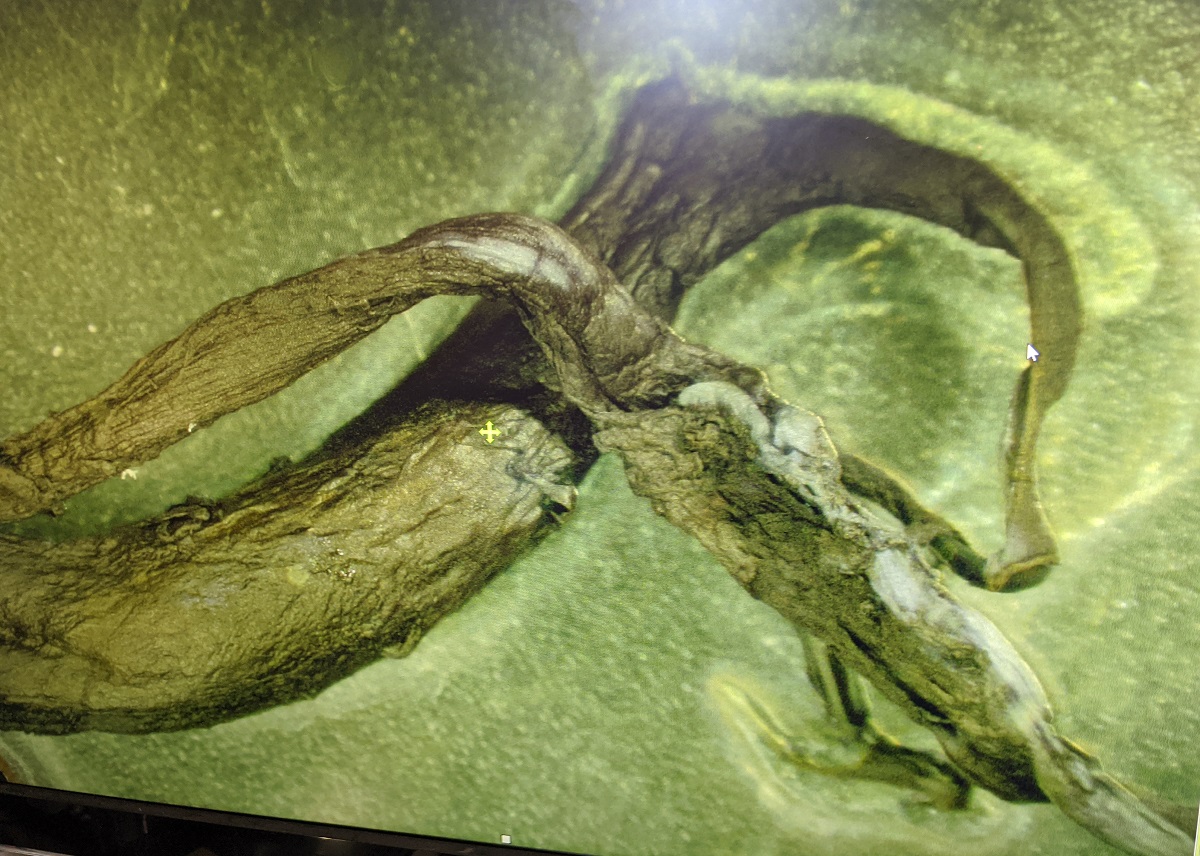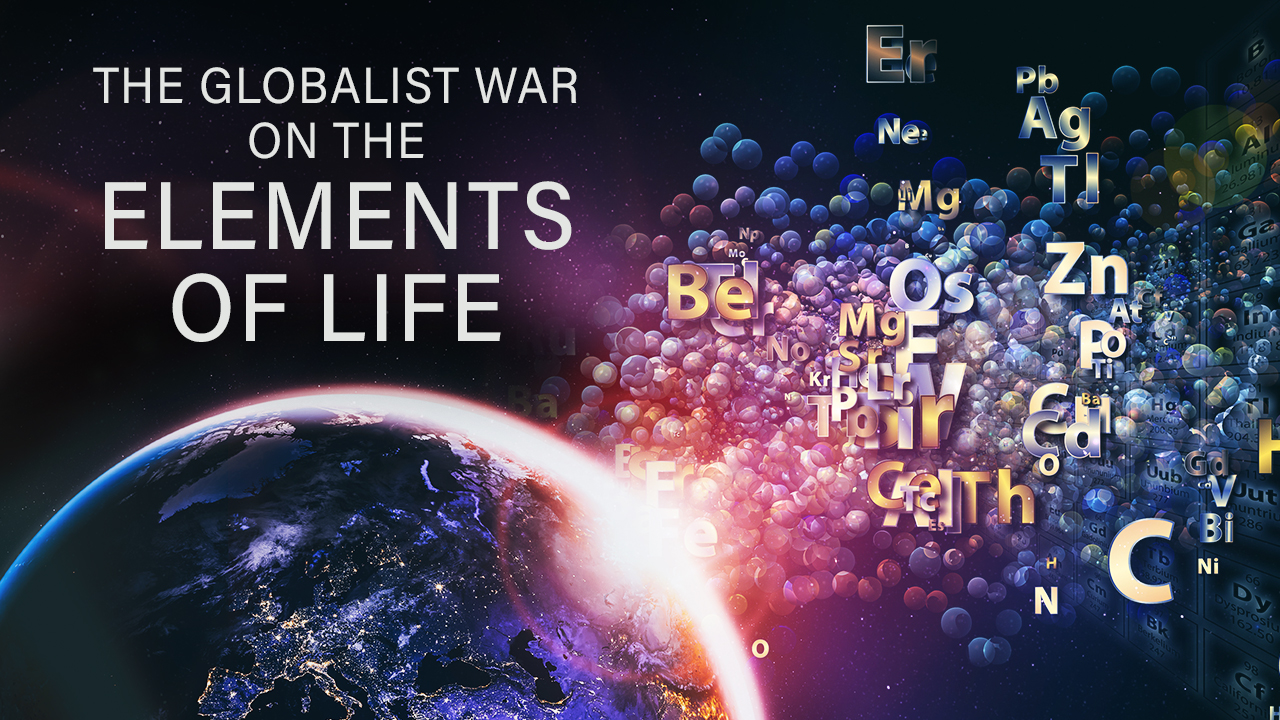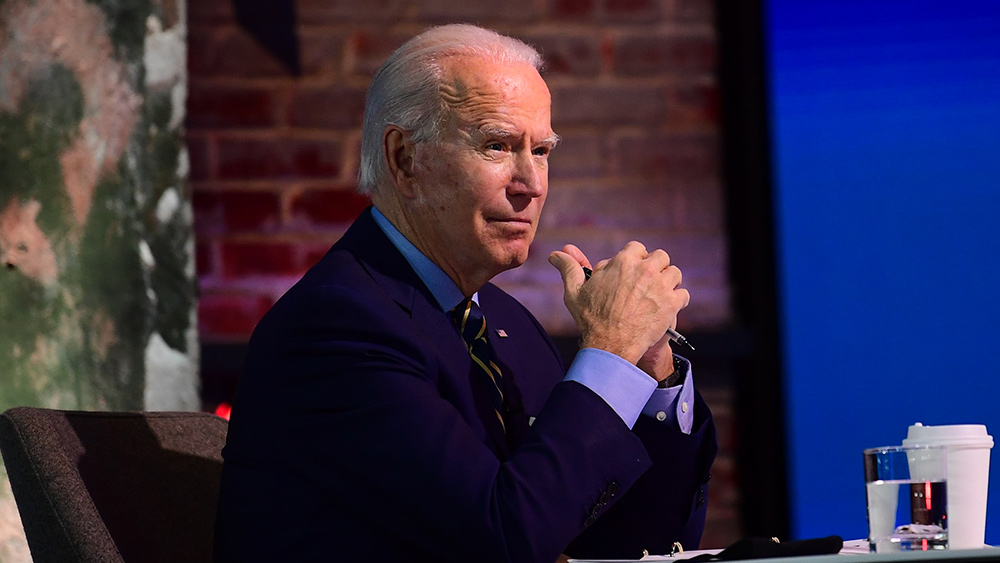New Lancet report suggests coronavirus may have leaked from US lab
09/16/2022 / By Arsenio Toledo

A new report published in the peer-reviewed medical journal The Lancet suggests that it is “feasible” that the Wuhan coronavirus (COVID-19) actually originated from a lab in the United States.
The paper, published on Wednesday, Sept. 14, has caused an uproar, most of which has been directed at economist Jeffrey Sachs, who was involved in research for the publication. Sachs has stated on multiple occasions that he is certain the coronavirus came from an American lab. (Related: The Lancet suddenly switches sides, admits COVID lab leak theory deserves “transparent debate.”)
At a conference in Madrid earlier this year, he said there is enough evidence to investigate the U.S., but nobody is doing so. He added that U.S. officials may be preventing these kinds of investigations because they “don’t want to look under the rug too much.”
During a podcast interview with Robert F. Kennedy, Jr., Sachs said he was “pretty convinced” that SARS-CoV-2 “came out of a U.S. lab of biotechnology, not out of nature.”
When approached by mainstream publications for comment, Sachs said he stands by the report’s conclusions, adding that he personally “oversaw this part of the work” on the emergence of SARS-CoV-2.
“Everybody has signed off on the final text,” he said. “The question of a possible laboratory release mostly involves the question of U.S.-China joint work that was underway on SARS-like viruses.”
A spokesperson for The Lancet also defended the report and its collaboration with Sachs. He said the medical journal “regularly evaluated the work of each Task Force as scientific evidence about COVID-19 evolved, to ensure that the final peer-reviewed report will provide valuable new insights to support a coordinated, global response to COVID-19 as well as to prevent future pandemic and contain future disease outbreaks.”
Investigations need to be conducted in US labs
The 58-page report published in The Lancet does not discount the possibility that SARS-CoV-2 has a natural origin.
“Most epidemics in history have involved the passage of a pathogen from an animal host to humans, followed by human-to-human transmission,” the report stated.
But the report noted there is very strong evidence that the coronavirus came from a laboratory accident. It recommended the introduction of more safeguards in biological laboratories to reduce the risk of either eventuality leading to bigger outbreaks.
The report is the result of over two years of work investigating the origins of the coronavirus. It suggested that American researchers could be culpable and could have deeper connections with similar biolabs in China, specifically the Wuhan Institute of Virology (WIV).
The report has not ruled out the possibility that a leak in the WIV caused the pandemic, but The Lancet report noted that “independent researchers have not yet investigated” biological laboratories in the U.S., and that the National Institutes of Health has resisted all attempts by investigators to disclose details regarding its work.
The Lancet commission that researched the origin of the coronavirus made other recommendations. These include stronger regulation of the wild animal trade, the creation of a new World Health Organization-led biosecurity oversight authority, better international coordination in the face of large infectious disease outbreaks and a new $60 billion a year Global Health Fund to support health systems and pandemic preparedness programs in lower-income countries.
Learn more about the coronavirus at Pandemic.news.
Watch this short clip of Professor Jeffrey Sachs talking about how he is certain the coronavirus came out of an American lab.
This video is from the channel GreekInsider on Brighteon.com.
More related stories:
COVID-19 is Man-made: From Fauci, to Gates, to Daszak; a timeline of bio-terror.
Sources include:
Submit a correction >>
Tagged Under:
big government, conspiracy, coronavirus origins, covid-19, infections, insanity, Jeffrey Sachs, lab leak, lab-leak theory, medical experiments, national security, outbreak, pandemic, research, science deception, science fraud, US
This article may contain statements that reflect the opinion of the author
RECENT NEWS & ARTICLES
COPYRIGHT © 2017 SCIENTIFIC NEWS





